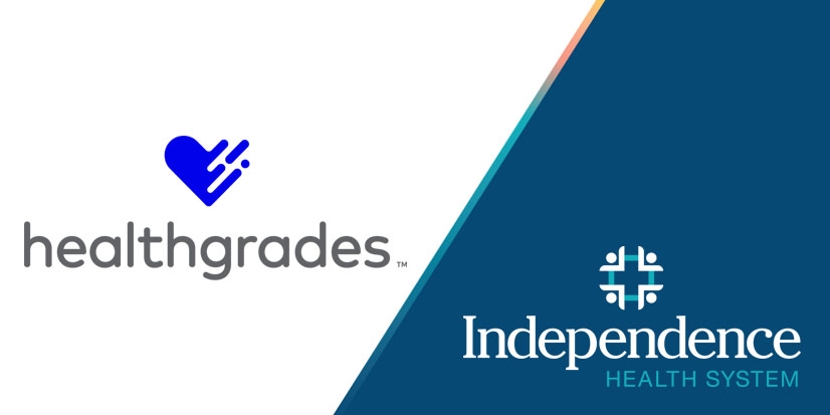5 Foods that Fight Heart Disease
- Category: Blog, Health & Well-Being, Healthy Habits, Cardiovascular Care, Primary Care
- Posted On:

February is “Heart Month”, a time when we can reflect on our eating habits for cardiac health. The American Heart Association (AHA) recommends a diet that is low is fat, saturated fat, sodium and cholesterol. Heart healthy eating shouldn’t be about what foods to avoid entirely, but rather, what foods to choose.
The following is a list of 5 “super-foods” to help you fight off heart disease, while still enjoying good taste. Try adding a few of these nutrient dense foods to your next meal!
- Carrots: The carotenoids in this colorful vegetable have been shown to help protect against heart disease. Other benefits include vitamin A, vitamin C, and fiber. The natural sugar content in carrots makes them a tasty addition to muffins and cakes. They are also delicious roasted in the oven as a side dish to your meal.
- Oats: A good source of soluble fiber, this food has been shown to decrease total cholesterol and LDL, or the “bad” cholesterol in the blood. It is also high in magnesium, potassium and zinc. No wonder why the white-haired Quaker is smiling on the oatmeal canister! Oats can be added to yogurt parfaits, baked goods, or enjoyed plain as a hot cereal.
- Salmon: The omega-3 fatty acids in salmon and other fatty fish, such as tuna and sardines, may reduce triglyceride levels and slightly lower blood pressure. Other health benefits include vitamin B6, B12, vitamin D, phosphorus, potassium and selenium. The AHA recommends eating at least 2 servings of fatty fish per week. A serving is 3 ounces cooked, or approximately ¾ cup of flaked fish.
- Black Beans: These legumes contain healthy amounts of vitamin A, protein, iron, folate, copper, potassium and zinc and have been shown to lower cholesterol and blood pressure. Using black beans as a protein source in “meat-less” meals helps reduce the amount of saturated fats consumed from animal sources. They are the perfect addition to stews, soups and salads.
- Berries: This includes blueberries, blackberries, raspberries, strawberries and boysenberries. They contain healthy amounts of vitamin C, folate, fiber and antioxidants, which may help regulate blood pressure and boost “good” cholesterol, also known as HDL. Remember, frozen berries are just as nutritious as fresh. Try adding berries to your favorite smoothie, salad, baked good, cereal or snack.

